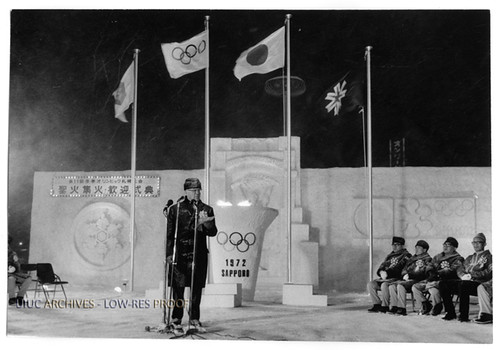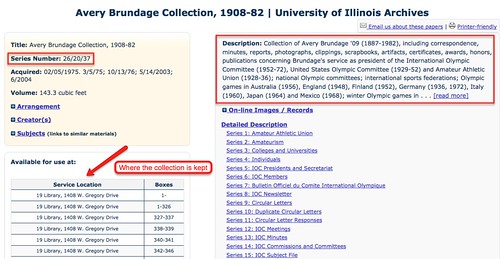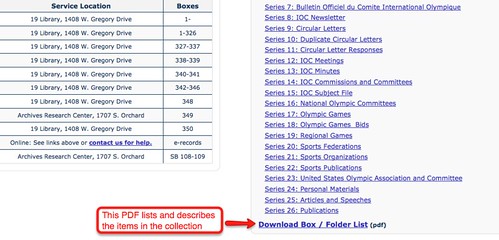Hey, do you know about the University Archives? Well, you should, because they can help you meet all your campus-related primary source needs, as well as give you a fascinating glimpse into what life as a student at UIUC has been like over the years.

The quad in ye olden days. (Photo courtesy of University Archives)
An archive is a collection of historical documents that documents the life or developments of a person or organization. The University Archives, as the name suggests, collects documents that contain information about the history and functions of UIUC, and people who have been associated with it in some way. A lot of them are primary sources – interviews, letters, and things like that. If you’re working on an assignment that requires primary sources, why not visit the archives website or contact an archivist to see what they can help you with? The archives also have a guide to primary sources in general, if you need to start with the basics.
A lot of the things kept in the archives relate to the running of the University and its general history, but a lot of it is also about students just like you! The Student Life and Culture Program is one part of the University Archives that highlights the student experience at UIUC (and the United States in general), and how it has changed over time (and how it’s stayed the same). Some of your assignments might require you to investigate an issue on campus; the SLC has research guides that can help you find information about the history of hot-button topics on campus. Maybe you’re interested in Greek life on campus, or the experiences of African-American students. Those are just a few things you can learn about using archival materials!
If this brief introduction has you curious about archives, feel free to search their website for things that you’re interested in. You can get a sampling of their collection on the UGL’s Facebook and Twitter pages – we’re highlighting fun and interesting things we find in the archives in weekly Throwback Thursday posts.




